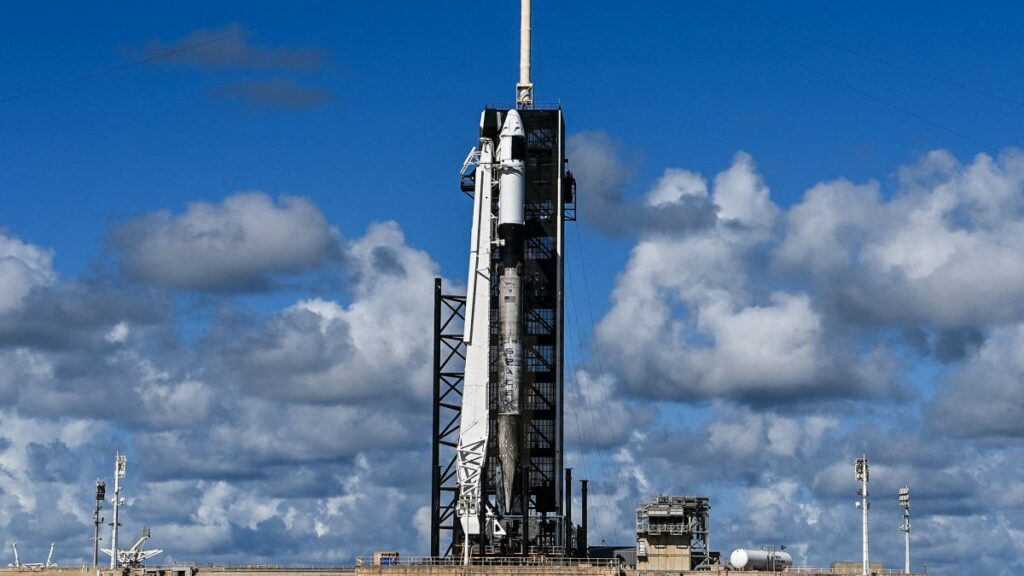How to practice religion could be a big question for some space tourists

If the proposed future of millions of people living and working in space — as it has been proposed by the billionaire space entrepreneurs such as Elon Musk — comes to fruition, it’ll be far more than just a few NASA astronauts grappling with how to observe their sun-centric religious practices.Jared Isaacman, the business owner who on Sept. 15 climbed aboard a SpaceX Crew Dragon and became the first space tourist to fly to orbit from US soil, said that, although he is Jewish, he didn’t plan to observe Yom Kippur, which began at sundown the day of his launch. As far as what theology says about how Jewish astronauts should observe Yom Kippur in space, there have not been any formal directives and — in fact — it’s sparked disagreements among some rabbis and religious scholars. For centuries, rabbis have grappled with the dilemma of how to celebrate timely holidays when the sun and the moon aren’t adhering to the norms that most humans are familiar with. A responsum, or a rabbi’s written response to a question about Jewish law, from Rabbi David Golinkin, president of the Schechter Institute of Jewish Studies in Jerusalem, written in 2002 goes through some of the various arguments. A rabbi from the 18th century, Jacob Emden, was naturally not familiar with space travel, however he was familiar with the concept of traveling so close to the Earth’s North or South Pole that a traveler might not see a sunset for months. His resolution was to simply count “days” as one normally would at lower latitudes, by marking the passage of 24 hours. Another Rabbi from the 19th century, Israel Lifshitz, stated that if a traveler has a watch that shows the time at their point of origin, they should observe holidays according to that time.But faced with the modern-day issue of space travel, Golinkin wrote that NASA astronauts should set their watches to the U.S. Central time zone of Houston, Texas, since that is where most NASA astronauts are based.(The Inspiration4 crew is launching out of Florida, and presumably, if timed religious observance was an issue for any of them, they would then stick to the U.S. Eastern time zone.)On the other hand, Rabbi Dovid Heber, writing for kosher certification organization Star-K in 2007, simply says that “ideally, one should not travel to outer space.” But, “if one must go,” there are a number of different options that would satisfy the religious requirements. Heber does note, however, that it is theoretically possible to stretch what should be a one-day holiday into three days, depending on exactly where the spacecraft’s orbit lies.The rabbi of the synagogue Isaacman has supported, Eli Kornfeld of Hunterdon, New Jersey, told CNN Business that he agrees with Golinkin’s assessment. If he were one day living in space, he would still observe Yom Kippur fasts in accordance with Earth-based clocks. Though, he added, he would probably do everything in his power to avoid being in space during such an important Jewish observance. On Yom Kippur, Jews are not supposed work and typically avoid using electricity, driving cars or riding in airplanes. Still, Kornfeld said, he acknowledged that if, one day, millions of people are living and working in space, the Jewish faith would evolve and adapt with the circumstances. “I think one of the most beautiful things about Judaism — how it’s able to be relevant, and to adapt to all sorts of changing technologies and industry and discoveries,” he said.





